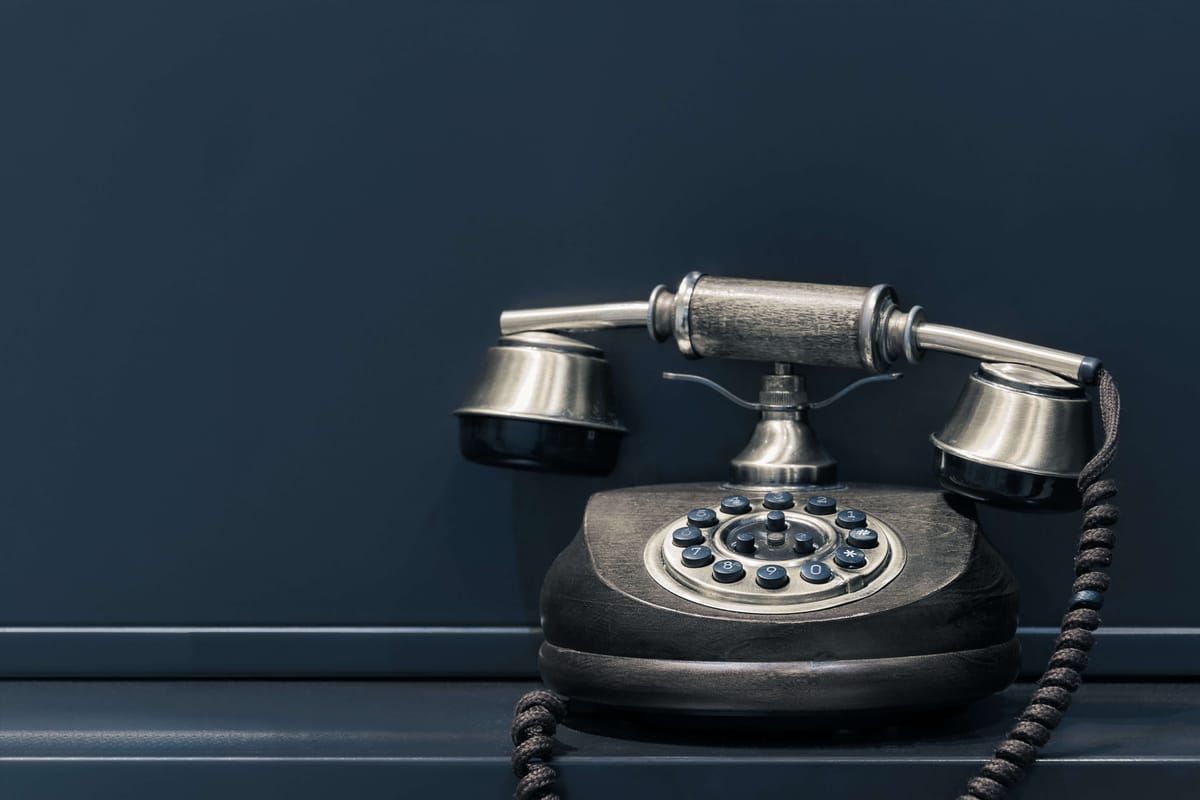Optional background music on Spotify: "Fire in the Sky by Anderson Paak".
In my recent quest for a family car to accommodate my newborn son, I anticipated a seamless and customer-centric sales experience, given my over-two-decades of experience in sales and enablement.
However, the reality was far from the red-carpet treatment I expected; instead, I found myself feeling more like a bishop than a “customer is king.”
Reflecting on this, I discovered valuable insights that directly translate to B2B tech sales, emphasizing the crucial role of ongoing training and support from sales enablement and a reminder of the importance of trust in sales.
A HBR article sums it up quite nicely:
People tend to trust you when they think they are interacting with the real you (authenticity), when they have faith in your judgment and competence (logic), and when they believe that you care about them (empathy).
Here's seven things I learned as I reflected on this experience:
1. Listening is key:
Before making recommendations or showcasing offerings, take the time to truly understand the customer's needs. When you find the “pain,” dig deeper and be curious with the intent to help the person in front of you.
2. Relevance matters:
When the time comes, avoid showing aspects of your product or service that are of little interest to the prospect, which can be avoided if you probe and listen with genuine interest.
Keep the focus on what aligns with their needs and priorities, which takes a touch of empathy.
3. Maintain professionalism:
Unnecessary discussions about industry challenges (as I experienced) and unrelated topics can detract from the customer experience.
The salesperson lost valuable time with me and should have been asking probing questions to pinpoint my needs. Stay focused on addressing the customer's requirements, maintaining a high level of professionalism throughout.

4. Solid product knowledge is part of the trust equation:
Ensure that you as a seller or your sales team if you are an enabler, is well-versed in your product and regularly updated.
Knowledgeable sales professionals contribute significantly to building trust with customers, showcasing expertise and competence (logic).
Many salespeople could not answer my questions about the car and were eager to push me to their website where I would have to search for answers.
5. Consistent follow-up:
A seamless sales experience extends beyond the initial meeting.
Regular follow-ups demonstrate commitment and interest in the customer's journey and studies indicate that multiple touch-points are needed to make the sale.
Missing follow-ups can leave a lasting negative impression, which I experienced more than once, demonstrating disinterest and eroding trust.
6. Sales experience equals product satisfaction:
Recognize that the sales experience is as crucial as the product itself. Customers are more likely to return and engage with a salesperson who is responsive, respectful, and knowledgeable.
We’re humans, we prefer working with people we like and who show a genuine interest in us.
7. And for lucky number seven, be you, be (authentic):
We are humans interacting with humans, which is something no robot or AI will ever replace.
In the world of B2B tech sales, the parallels are evident – build trust by being authentic, showing empathy and presenting logical statements, understand the client's needs, maintain relevance, professionalism, have knowledge of your product, have consistent follow-up, and recognize the value of the sales experience, which all contribute to a successful and satisfying customer journey.
As professionals in the tech industry, let's strive to apply these lessons, to ensure our customers feel truly valued and make each seller experience worth remembering.
Jaren is Global Head of Sales Enablement at Siemens Grid Software. He initially shared this article on LinkedIn.

Join 8,000+ of your enablement peers in our Slack community! Ask questions, network, share ideas, and more today.




